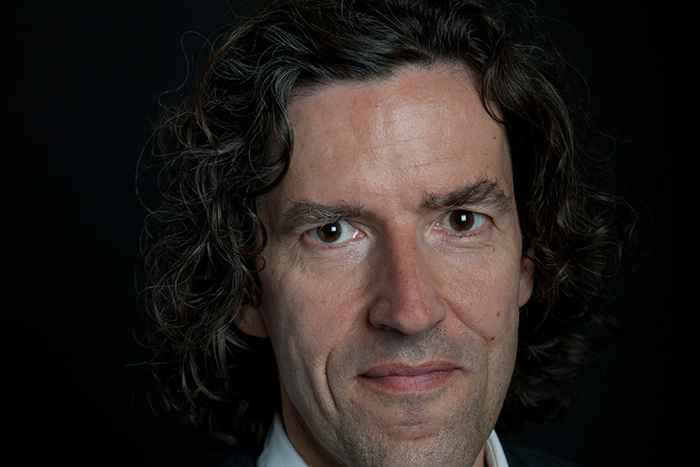Who are we
Meet our students

Hyeonsim Lee (South Korea), Master’s student PIL
‘I’ve always admired the lawyers I watched on television who defended people from minority populations. Because of my interest in human rights, I signed up for a Master's degree in International Law. I chose Amsterdam because it’s a vibrant city: there is always something going on. You can enjoy all kinds of cultural experiences, like pop concerts, ballet, opera, classical music and art. Amsterdam is just perfect to live in, it’s not as crowded as Seoul. And because Amsterdam is an international city, with a lot of multinationals and NGO’s, I expected to have a good chance to find a job.
The atmosphere at the university is international, with students from all over the world. You share different perspectives that really helped to widen my scope. I enjoyed the lectures, the internships and law clinics related to our program. We had a lot of reading to do and I don’t think I was the only one who was not able to finish before class.’

Max van Rij (Netherlands), Master’s student PIL
‘This programme matches my desire to develop an understanding of some of the main challenges our globalised world is facing. Through a course about international organization I learned more about different types of international organizations, their legal personality, and how they function. And, more specifically, the relationship between organizations and their Member States. I was also drawn towards the course International Humanitarian Law. Here you will find answers to questions like: when do we speak of an international armed conflict? How should we deal with violent non-state actors? Are terrorist groups violent non-state actors? Finally, International Refugee Law gave me sound knowledge on legal issues revolving around the Syrian refugee crisis and beyond.’

Philip Morris (USA), Master’s student PIL
‘I decided to study law because I’d like to work in the space industry, and don’t like maths enough to be an engineer, but everyone needs a lawyer. After I graduate I will try to find a position in the EU related to the space industry. This Master’s programme gives me the right perspectives.
To me the most interesting thing is getting to know the rules dictating how governments function. I really liked International Investment Law, because everything revolves around money so I look forward to understanding how it flows around the world.’
Meet our staff

André Nollkaemper
University Professor of Public International Law and Sustainability
‘Our programme offers the best of both worlds: students discover the foundations of the international legal order and they experience what it takes to use and apply their knowledge in relation to concrete legal questions.’
André Nollkaemper is University Professor of Public International Law and Sustainability. He is member of the Institute de Droit International, of the Permanent Court of Arbitration and of the Royal Academy of Sciences of the Netherlands. He also is (external) Advisor to the Minister of Foreign Affairs of the Netherlands.

Professor Yvonne Donders
Professor of International Human Rights and Head of the Department of International and European Law
‘The programme brings together a diverse group of students in terms of background and interests. This international classroom allows us to analyse and discuss topical issues of international law from a variety of perspectives.’
Yvonne Donders is Professor of International Human Rights at the Department of International and European Law at the University of Amsterdam. She is elected member of the UN Human Rights Committee for the term 2023-2027. Her research and teaching focus on international human rights law, in particular economic, social and cultural rights, human rights and cultural diversity and the human right to science. She is currently Chair of the Steering Committee of the Netherlands Network of Human Rights Research (NNHRR), Member of the Editorial Board and Executive Editor of the Netherlands Quarterly of Human Rights (NQHR) and Chair of the Advisory Board of the “Shelter City” project for human rights defenders.